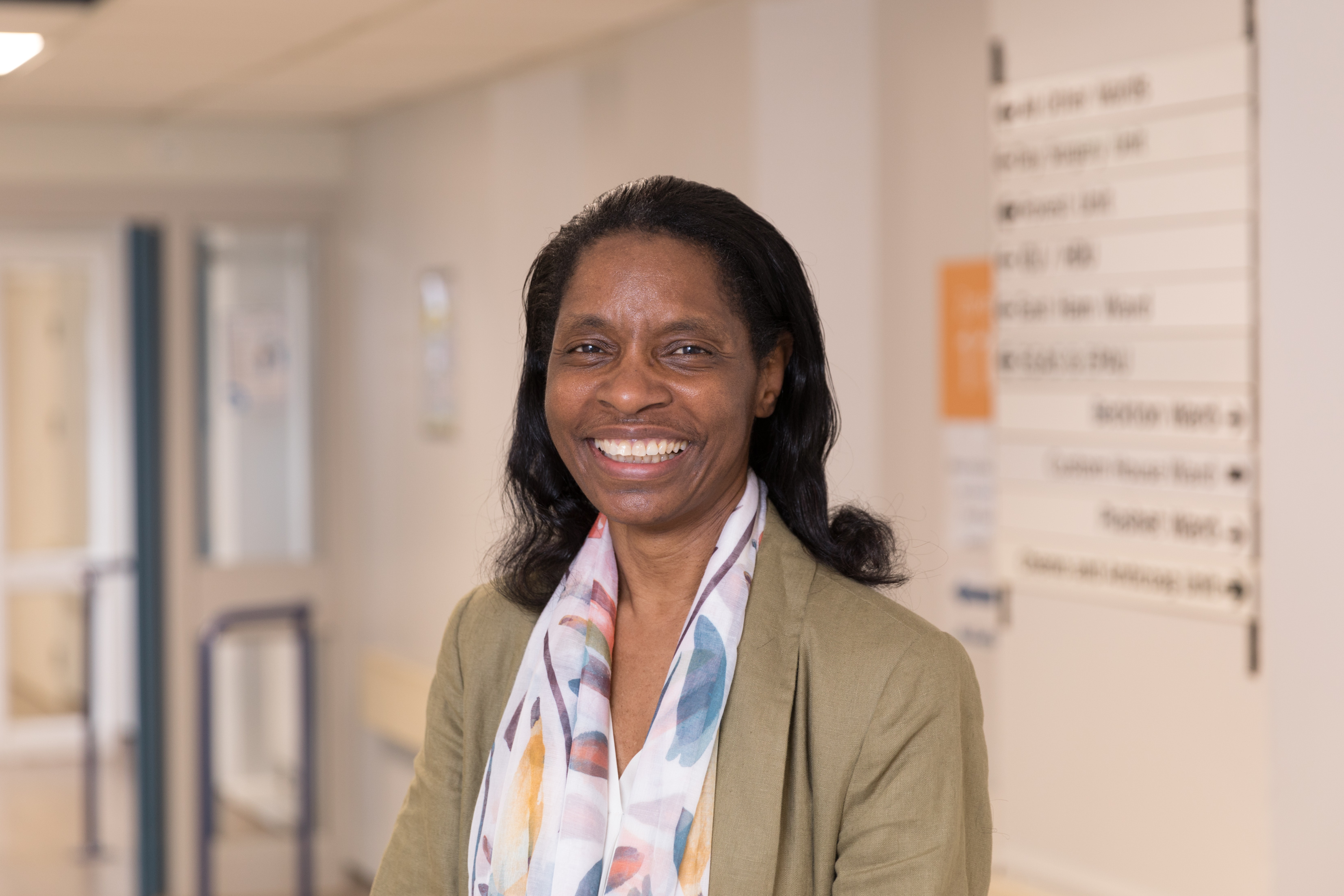“I would make research compulsory for all medical staff and anyone else with a good idea”

In celebration of clinical trials day, we caught up with Samantha Gordon, who supported ophthalmology consultant, Sudeshna Patra, winner of a professional activity (PA) award in 2019 for research in Ophthalmology.
How were you able to commence this research and how was it funded?
After our network director, Sudeshna Patra, was awarded the funds to encourage and promote research in our department for a year, I was offered the opportunity to support this role. I was thrilled to take on this task as I have tremendous enthusiasm for research and felt this would help me achieve some of my research goals such as how to set up a project, make connections and establish a reputation as a serious researcher. Ultimately our aim would be to have this role financed through our research income permanently.
Can you tell us a bit about the research award and what your research was on and the outcomes?
The research award was to finance a consultant for a year to promote research and, ideally, produce funds to continue to finance the role autonomously. I completed a small project on the incidence of coronavirus in patients coming through A&E during the first lockdown which I have just submitted as a poster to the Royal College of Ophthalmologists congress. Also, in January 2020 when the pandemic was declared, my ophthalmology clinics shut down and I was concerned that the children I normally see in clinic were now, in effect, out of my reach. This led to me to begin searching for apps that could assist me in measuring their vision remotely. My search led me to OKKO health an SME in Bristol who have developed a new computer game to measure the vision of young children. This has also flowered into a project for which I was awarded £100k as part of the CAP-AI scheme to measure the usefulness of this artificial intelligence app in the measurement of optic pathway gliomas in children. I am keen on projects that bring innovative solutions to patients and am very excited about this project which I will be taking on jointly with Great Ormond Street hospital.
Was the research role part of your day job?
Yes, I was the executive officer of the principle investigator (PI) if you like. So I arranged meetings, took minutes, chased funds and equipment we needed for the research, put together the research newsletter, completed expressions of interest, established a research prize for our trainees and allied staff, and helped push forward with the merger of Newham, Whipps Cross and The Royal London ophthalmology departments with BORG – Barts Ophthalmology Research Group. We are now looking for a logo for this body so stay tuned!
What is your current role in research / clinical trials?
I am the main researcher in the Okko trial which I hope to pursue it as a PhD.
Why did you get involved in research?
I love asking and answering questions and deep diving into subjects of interest that come naturally to me. I never stop asking why.
What excites you most about research / clinical trials?
The opportunity to look at an area in depth and to create an idea or thing that brings a new, positive change to patients’ lives.
Why is it good to be involved in research?
It can be hard work and difficult to recruit and keep momentum going, but it’s extremely satisfying to find something that works or even fails which, although a setback, can be a good way to learn how to put things right.
Anything else you would like to add?
If I ran medicine in the UK I would make research compulsory for all medical staff and anyone else with a good idea with associated funding similar to study leave. The skills of research are so essential to us all.
